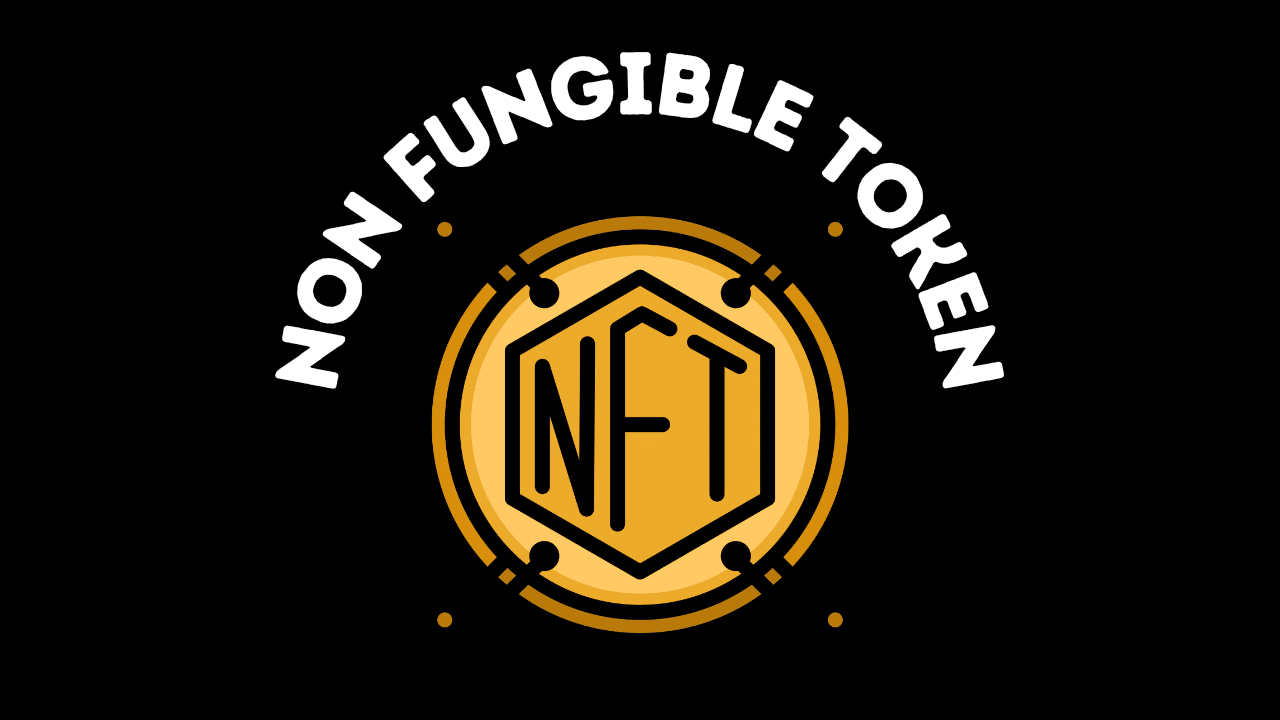Financial Literacy to budgeting and saving money.
Financial literacy is the cornerstone of responsible money management, and one of the most essential aspects of this is budgeting and saving. Many people find it challenging to keep their finances in check, but with the right strategies, you can achieve your financial goals. In this blog post, we’ll explore ten effective budgeting and saving tips that can help you gain financial literacy and secure your financial future.
1. Use Real Numbers!
When it comes to budgeting, the first and foremost step is to use real numbers. Many people underestimate or overestimate their income and expenses. To create an effective budget, start by tracking your actual income and expenses over a few months. This will provide you with a clear picture of your financial situation, allowing you to make informed decisions.
2. Give Every Dollar a Job
The concept of “giving every dollar a job” means assigning a purpose to every cent of your income. When you create a budget, ensure that every dollar has a specific allocation, whether it’s for bills, savings, or discretionary spending. This prevents money from slipping through the cracks and promotes intentional spending.
3. Set Goals for Your Money
Goals provide direction and motivation. Financial goals can be short-term (like paying off credit card debt) or long-term (such as saving for retirement). Establish clear, achievable financial goals to guide your budgeting efforts. Having a target will keep you focused and determined to save and invest.
4. Separate WANTS vs. NEEDS
To budget effectively, it’s crucial to differentiate between wants and needs. Needs are essential for survival, like housing, groceries, and utilities. Wants are desires, like dining out, entertainment, or luxury purchases. Prioritize your needs in your budget and allocate funds to your wants only after fulfilling your necessities.
5. Plan for Irregular Expenses
Irregular expenses, such as yearly insurance premiums or holiday gifts, can catch you off guard if you’re not prepared. Create a separate category in your budget for these expenses and contribute a small amount each month. This way, when the time comes, you’ll have the money set aside and won’t disrupt your regular budget.
6. Automate Your Finances
Automation is a powerful tool in budgeting and saving. Set up automatic transfers to your savings and investment accounts. This ensures that you consistently save a portion of your income without relying on willpower alone. Automation simplifies the process and makes it easier to stick to your budget.
7. Pay Yourself First
Treat your savings as a non-negotiable expense. Prioritize saving by “paying yourself first” before any other expenses. This habit will help you build your savings and investments steadily over time.
8. Create an Emergency Fund or “Buffer” in Your Budget
Emergencies are a part of life, and unexpected expenses can wreak havoc on your finances. Establish an emergency fund to cover at least three to six months’ worth of living expenses. This safety net ensures that you can handle life’s curveballs without going into debt.
9. Consider Your Entire Household in Budgeting
If you share your finances with a partner or family members, involve them in the budgeting process. Make sure everyone is on the same page and committed to the budgeting plan. This collaborative effort can prevent conflicts and help you work towards common financial goals.
10. Stop Using Credit and Make Debt Repayment a Priority
High-interest debt can be a significant obstacle to financial success. Make it a priority to eliminate credit card debt and other high-interest loans. Focus on debt repayment while maintaining your budget. Once you’re debt-free, you can redirect those payments into savings and investments.
Conclusion
Achieving financial literacy through effective budgeting and saving is attainable by following these ten tips. By using real numbers, giving every dollar a job, setting clear goals, and making wise financial decisions, you can gain control of your finances and secure your financial future. Remember, it’s never too late to start on the path to financial stability and success.
FREE Canva pro links
https://www.canva.com/brand/join?token=7hf_r024vbc9Gh3q5gnwqQ&referrer=team-invite
https://www.canva.com/brand/join?token=g0q0JLR-XEQKatJsy9mEtQ&referrer=team-invite
https://www.canva.com/brand/join?token=Elawdg2BprHgZbNp-tj0VQ&referrer=team-invite
https://www.canva.com/brand/join?token=CAbx7HTTrzgSp7FnAq_mpQ&referrer=team-invite
https://www.canva.com/brand/join?token=nhF3FfpJSbUXWOCJA49Zow&referrer=team-invite














